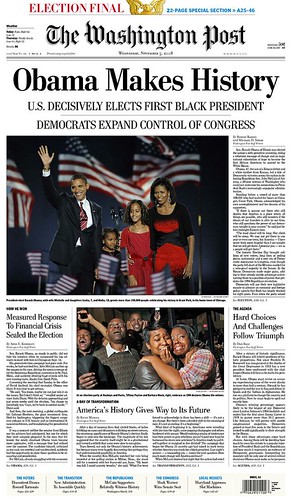I just watched a video posted
by a breast cancer patient, in which a good 30% of the time was spent
mentioning the things that breast cancer patients do not want to hear.
The longer I travel on this
earth, the more people I meet who have had some kind of tragedy or trauma or
catastrophe beset them on their own journeys.
Let’s face it…life is full of those things. Illness.
Death. Disaster. Accidents.
Most of us who have reached a certain age have had fires to walk
through.
But it seems to be a current
fad, this getting angry at people for saying the wrong thing, or doing the
wrong thing, or stepping outside the bounds of what any given individual
believes are the “correct” ways for others to express condolence or
support.
Maybe it’s just a new way for
the aggrieved to express the first stage of grief: Anger.
There is this anger, and nowhere to go with it. The
popular choice these days seems to be to inflict that anger on “outsiders…”—the
folks who may have been part of one’s immediate circle before the tragedy, but
now find themselves hopelessly separated from the person in pain by the very
fact that the tragedy has not happened to them.
But, it occurred to me, it
doesn’t seem like my parents’ generation carried all this angst around about
the bad things that happened to them.
And I think it was because certain things were just…private. One did not speak of inconsolable grief. They gritted their teeth and kept going (most
of the time) because that is what their society expected. And I don’t think I’m out of line by saying
it’s likely our parents suffered a lot more than we do now—losses and illnesses
and tragedies that we think of as extinct.
Somewhere along the line, our
generation decided it was “not healthy” not to express grief. That, basically, we should feel free…no, not
even “free,” more like obligated, to
cry and wail and gnash our teeth as publicly as possible. And that’s fine, I guess…to a point.
But we seem to have forgotten
that if we express something in public, we need to expect a reaction. And we can’t necessarily dictate what that
reaction will be. So, maybe the reason
our parents were private with their suffering was twofold: Maybe they didn’t want to burden their
friends and acquaintances; maybe they wanted to spare them the uncomfortable
task of attempting to console the inconsolable.
And maybe they didn’t want to
burden themselves with the act of filtering the comments of their poor,
bumbling, well-meaning friends. Better
not to have things coming at you that you would need to let bounce off, when
you barely have the strength to get up in the morning, much less field
well-meaning mis-speech.
So maybe…maybe the answer, in
our say-everything, do-anything 21st century culture is to just…
Not.
Sometimes, silence is enough.


















I agree with you on this.
ReplyDeleteLife & Faith in Caneyhead
I agree 100%. Why does everything have to be broadcast to the world?
ReplyDeleteWhatever happened to keeping some things private?
Perhaps we will agree to disagree here.
ReplyDeleteFirst, people of older generations *have* spoken their minds -- albeit often only quietly and in trusted circles. Hence the tremendous success of books like A Year of Magical Thinking, heralded by so many as a breakthrough book of candor and surprising insight. I recall shrugging my shoulders -- nothing in there that my family did not know well. But it's true -- it was not shared outside the family and closest of friends.
Second, people who speak out share only the tiniest fraction of their experiences and responses. Most exert considerable energy to hide the realities of their lives, to refrain from disrupting the joys of others, and to absorb insensitive remarks so as not to cause a scene and lose all their friends -- admittedly, not always successfully.
Third -- and here, perhaps, we agree -- our "lay it all out there" culture has also encouraged friends and acquaintances to be free with unwanted opinions and advice on matters of which they know nothing. I think that in past generations people may have been more willing to accept their helplessness in the face of tragedy and less quick to say, "You should. . . ".
Except, of course, in the always treacherous arena of religious belief and so-called comfort.
No question, Robin, that I don't disagree with your third point. I think the problem is very much the culture of "over-sharing" that we find ourselves in these days. I don't know exactly what it is we think we can gain from it...maybe a sense that we are not alone in our misery, maybe even a breakthrough in how to handle our loss, our grief...or someone else's. And maybe that does happen, often enough...but, unfortunately, we have to sift through more dirt to find the gold. Difficult to do when one is nearly mortally wounded... From the point of view of this near-hermit, it seems less painful to just keep one's own counsel.
ReplyDelete